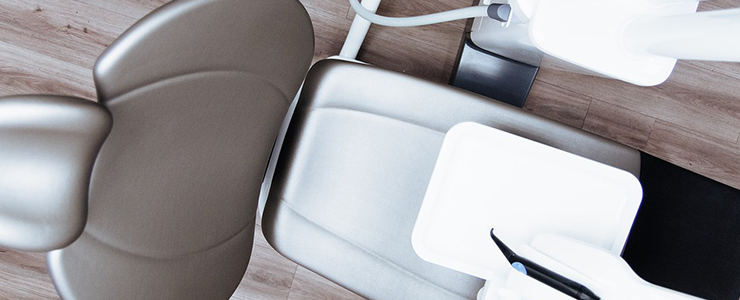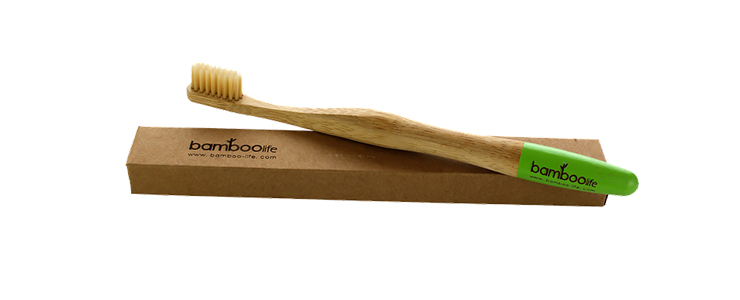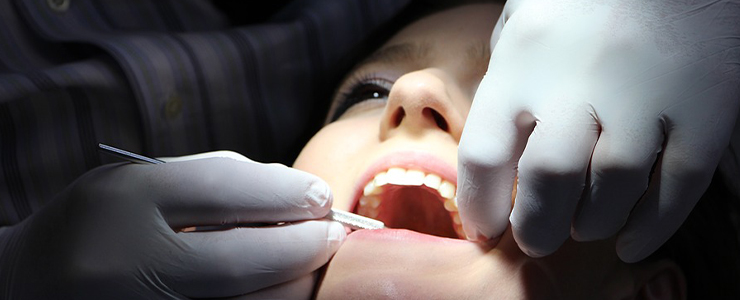Sensitive teeth – whether a mild twinge or severe pain – is one of the most common complaints we see at our Bristol dentist practice. If you’re actually dreading the approach of Summer and hot weather treats such as ice creams, cold drinks and ice lollies, then it’s time to seek treatment.
Teeth sensitivity is painful. It arrives swiftly causing a lot of discomfort but also ebbs away quickly once the catalyst has been removed. It is estimated that one in eight people in the UK suffers from sensitive teeth, so if this is a problem for you then you are not alone. Here at CK Dental, we look at what causes teeth to be sensitive and how the condition can be managed.
So why do some people suffer from sensitive teeth?
One of the reasons that teeth can become sensitive is if the enamel (the white protective coating on the outside of your teeth) becomes damaged or worn away. It can also be caused if the root becomes exposed, as the root contains more nerve endings. Sometimes this is unavoidable and some people are just unlucky.
Others can exacerbate the risk of developing sensitive teeth by brushing too hard (too often or with a very hard brush). For those of us who grind our teeth (either subconsciously in our sleep or when we are stressed), this can also put us at risk of developing sensitive teeth as this can wear away the protective enamel.
How to reduce teeth sensitivity?
You can but softer toothbrushes which are gentler on damaged tooth enamel. You can also buy special toothpaste which is designed to help reduce the level of sensitivity in the teeth. Dentists can also put you on a high fluoride treatment plan which can help. This can be in the form of toothpaste or mouthwash, but also fluoride gels or varnish which are applied directly to the teeth.
A specially designed dental mouth guard can help prevent teeth grinding. If tooth decay is causing tooth sensitivity, seek treatment as soon as possible.
If you are suffering from sensitive teeth and want to speak to a dentist about it, call 0117 905 9866 to make an appointment at CK Dental so that your teeth can be assessed, and your options can be discussed.


















